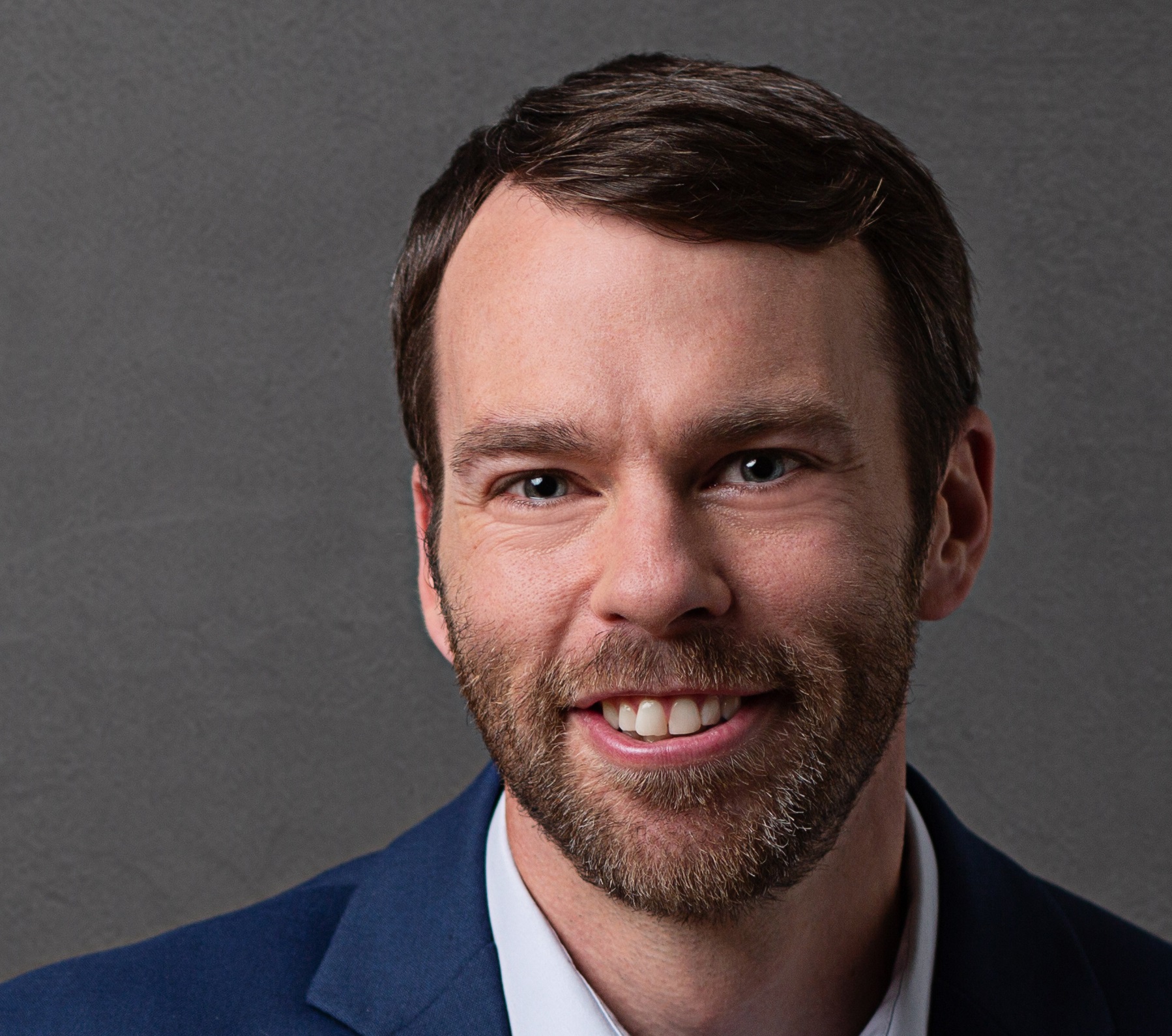Personalization and Wellness: How AI Supports Wellbeing at Scale
“You need to have a competitive pay and benefits offering. When you go to do that, the employer ends up paying for a lot of things that go unused just because there’s too much to communicate. What’s just amazing about the time and space we’re in now is you can really use personalization to surface opportunities from among and within those programs and benefits at the right time, in a way where it’s really a health and benefits journey of one.”
John Halloran, CEO at Mobile Health, a digital health and wellbeing provider
This piece of the conversation on a recent episode of We’re Only Human rang too true for me. In my previous work as an HR leader, I was guilty of spending 90% of the time on selecting and administering benefits and just 10% on communicating about the benefits of those offerings to our workforce. The problem with that? We’ll never see the full ROI of the benefits we are paying for if the employees that could leverage them aren’t aware they exist.
This great conversation with John Halloran on the show touched on so many great topics, including:
- Why it’s critical for employers to think about wellbeing holistically
- How AI and automation can increase usage and value from the benefits we already pay for
- What it takes to create a culture of health at your organization
Don’t just take my word for it. Check out the interview and some of the amazing takeaways. The audiogram embedded below demonstrates the gap we often have in the workplace. We have maintenance and repairs for equipment, but we expect people to operate at optimal capacity without those basic necessities.
Show Notes
We’re Only Human — Episode 121
Each of us is unique. Our day-to-day needs, our lifestyles, and even our stress levels vary greatly. But one thing is certain: wellbeing is applicable to every single one of us.
In this episode, Ben and John discuss the importance of creating customized health journeys for employees (for instance, targeting a personalized need for mental health, fertility, or nutritional suggestions).
Beyond that, the discussion brings in ideas for how HR leaders can drive the right engagement with the workforce by leveraging wellbeing and wellness across a variety of opportunities. John brings up a powerful case study where EY and KPMG created an initiative using low-code tools from Mobile Health to engage their remote workforce, proving that these practices work for remote, hybrid, and in-office workers. In today’s talent-driven market, this focus on wellbeing is a “must have,” not a “nice to have.”
Connect with Mobile Health and learn more about how they serve employers

Ben Eubanks is the Chief Research Officer at Lighthouse Research & Advisory. He is an author, speaker, and researcher with a passion for telling stories and making complex topics easy to understand.
His latest book Talent Scarcity answers the question every business leader has asked in recent years: “Where are all the people, and how do we get them back to work?” It shares practical and strategic recruiting and retention ideas and case studies for every employer.
His first book, Artificial Intelligence for HR, is the world’s most-cited resource on AI applications for hiring, development, and employee experience.
Ben has more than 10 years of experience both as an HR/recruiting executive as well as a researcher on workplace topics. His work is practical, relevant, and valued by practitioners from F100 firms to SMB organizations across the globe.
He has spoken to tens of thousands of HR professionals across the globe and enjoys sharing about technology, talent practices, and more. His speaking credits include the SHRM Annual Conference, Seminarium International, PeopleMatters Dubai and India, and over 100 other notable events.
